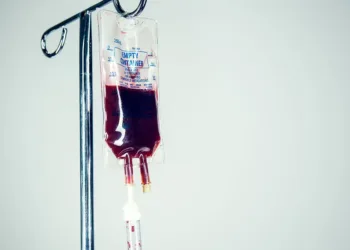Malaria is a common disease in Africa that is estimated to kill 445,000 people a year, mainly children.
Aside from Africa, it is also common in South and Southeast Asia, the Middle East, and Oceania.
25 April of every year was instituted by WHO member states during the World Health Assembly of 2007, an occasion to raise awareness about life-threatened diseases that contains a threat to mankind.
Malaria is caused by the Plasmodium parasite that spreads to people through bites of infected female Anopheles mosquitoes.
Once a mosquito with the infection bites a human, the parasite multiplies in the host liver before causing infection and destroying Red blood cells.
Read also: Seven foods that will help you sleep well
Early symptoms of Malaria include
- Fever
- Headache
- Chills
- Sweating
- Vomiting
- Body weakness
- Body ache
- Abdominal pain
- Anemia
- Diarrhea
Malaria typically features fever and can progress when not treated and affect vital body organs which could result in severe anemia and impaired consciousness.
•Malaria is not contagious but can be spread by ways of a pregnant mother to an unborn baby.
•Blood transfusion
•Organ transplant
Here are ways you could prevent malaria:
• Use of insect repellent
• Taking antimalarial tablets when traveling to areas prone to Malaria. Antimalarial tablets are effective to an extent but will still require you to take other measures to prevent mosquito bites.
• Administering vaccines to children who live in areas where malaria is endemic.
• Sleeping under a mosquito net.
• Covering your skin with long pants and long sleeves
Malaria has no vaccine available, but can be prevented if you stick to its preventive measures.
Visit newsblenda.com for more health tips










